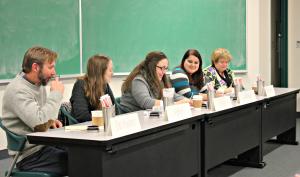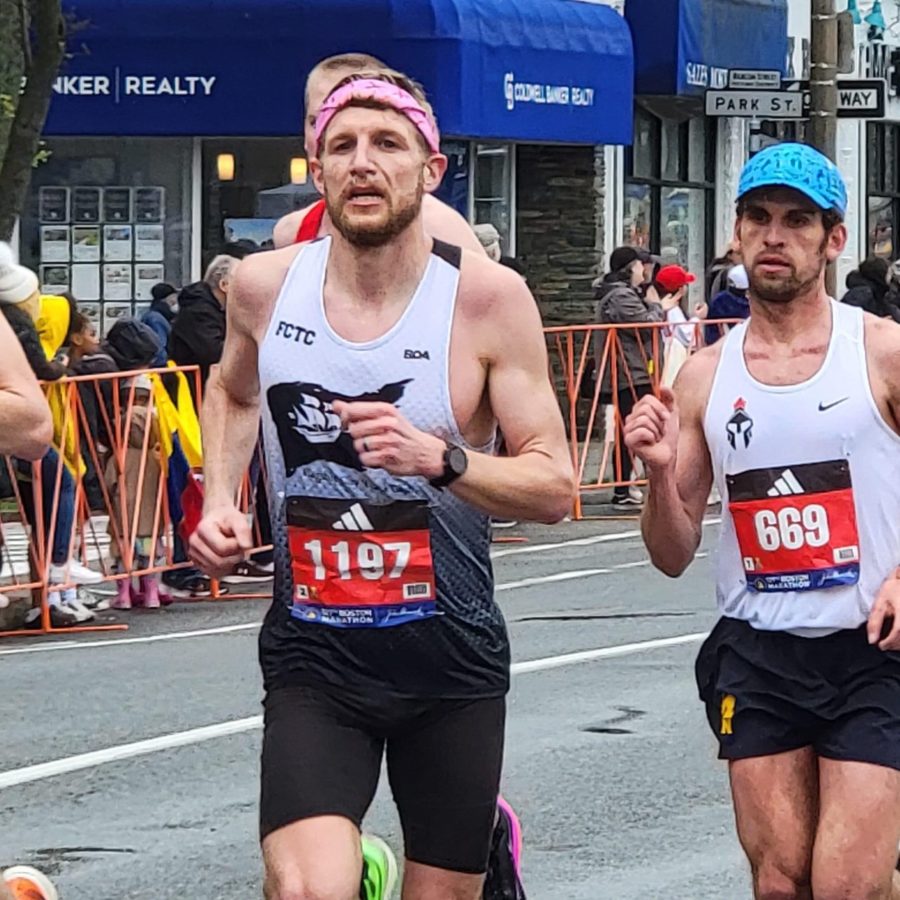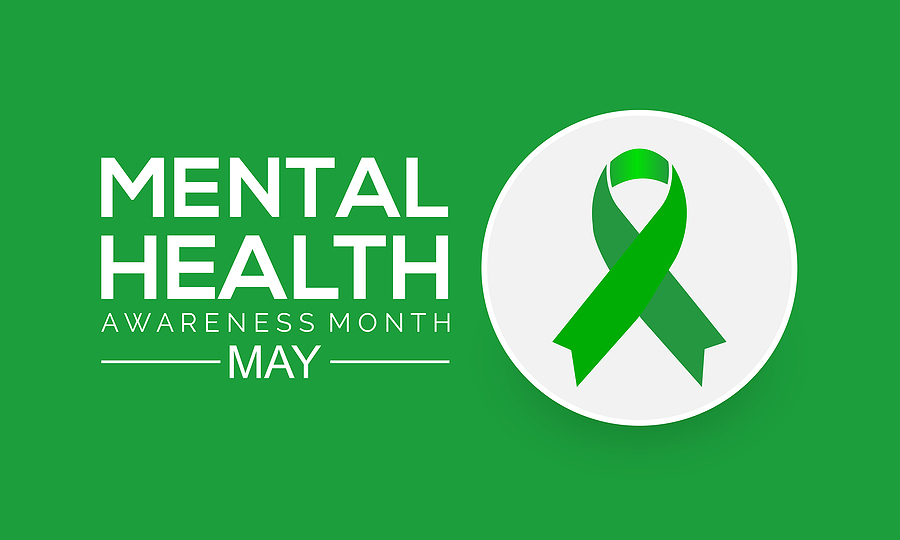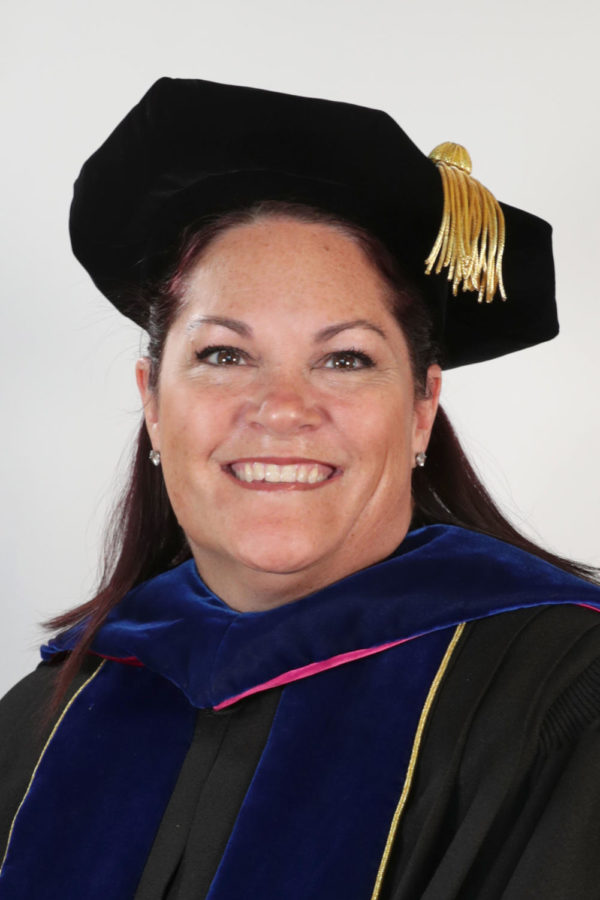 Alison Ockasi: Panelists open up about mental health at the “Open Minds, Healthy Minds” event organized by the Active Minds club this past Friday evening in Zurn Hall.Mercyhurst University’s Active Minds club held a panel this past Friday, Nov. 14, entitled Open Minds, Healthy Minds with the goal of bringing faculty, staff, and students together to see mental health in a different way.
Alison Ockasi: Panelists open up about mental health at the “Open Minds, Healthy Minds” event organized by the Active Minds club this past Friday evening in Zurn Hall.Mercyhurst University’s Active Minds club held a panel this past Friday, Nov. 14, entitled Open Minds, Healthy Minds with the goal of bringing faculty, staff, and students together to see mental health in a different way.
The panel was held in room 314 of Zurn Hall of Science and Fine Arts and was attended by roughly 25 students and staff. According to the club’s president, Autumn Walter, the event was organized in order to help eliminate some of the stigma behind mental health on campus.
“Everyone is impacted by mental health,” said Walter. “One of the best ways to combat the stigma that comes with this is to speak about it directly. Our goal is to give the audience a new perspective on what it means to live with a mental health disorder, and to let them know that if they are dealing with this that they are not alone.”
The panel featured five panelists; one teacher, one staff member, and three students. Each panelist shared his or her own personal experience with mental health.
“Any mental illness is just that, an illness,” panelist Sara Mills, a junior Chemistry major said.
For some, mental illness means dealing with their inner critic, for the feeling that they must live up to the expectations of family or friends, and for others ending a life really does seem like a logical and rational solution.
David Hyland, Ph.D., a professor of Archeology and Biology at Mercyhurst and panelist at the event said of this issue that some 20 percent of people will experience suicide in their immediate family.
Previously, Active Minds hosted panels bringing alumni and current students together to talk about how mental health impacted their lives.
The club decided to reach out to current students with the “Open Minds, Healthy Minds” event.
“We were absolutely overwhelmed by the number of students and faculty willing to share firsthand and secondhand accounts of mental health in their lives,” said Walter. “Because we had such a large number of students willing to share their personal experiences, we decided to make the panel centered on student’s and faculty’s personal stories about living with mental health issues.”
The theme of the event was that people “have to be open” and talk about their problems, according to one of the panelists said.
“What makes us human is that we all have stories,” said Hyland, “and when we can’t tell them, that’s when things get dicey.”




